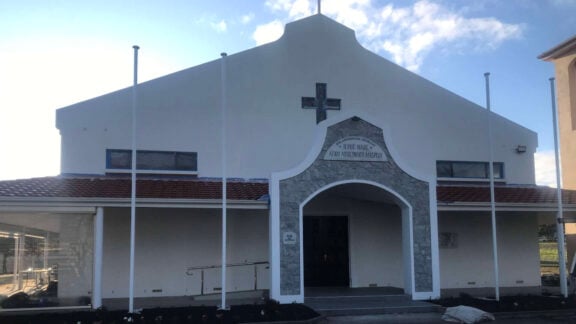Greece registered 1,496 new coronavirus infections in the last 24 hours, with 5 of these identified at entry points to the country, the National Public Health Organization (EODY) said on Friday.
Greece has confirmed 249,458 infections from the start of the pandemic (daily change: +0.6 pct). In the confirmed cases of the last 7 days, 67 infections are related to travel from abroad and 2,570 to other confirmed cases.
There are also 53 deaths recorded in the last 24 hours, bringing the total of pandemic victims to 7,754. Of these, 95.7 pct had an underlying condition and/or were 70 years old.
A total of 707 patients are on ventilators in hospitals. Their median age is 68 years and 82.5 pct have an underlying condition and/or are aged 70 or more. Another 1,648 have been discharged from ICUs since the pandemic began.
In addition, 448 Covid-19 patients were admitted to hospital in the last 24 hours (daily change, +2.05 pct). The average admission of patients with Covid-19 to hospitals over the last 7 days was 471.
The median age of new infections is 44 years, while the median age of the deceased is 79.
Obligatory home tests for coronavirus will help control infection spread, experts say
The reopening of the retail sectors and schools, and allowing travel between cities, will be discussed by the Health Ministry’s Covid-19 committee mid-week, while the introduction of home testing kits will help control spread, Deputy Civil Protection and Crisis Management Minister Nikos Hardalias said at Friday’s regular coronavirus briefing.
Hardalias also announced changes in the alert status of various prefectures and cities in Greece, many of which remain on high alert, including Attica Region.
As committee member Vana Papaevangelou explained, Greece still had a heavy viral load but there are signs of stabilizing, at 24 new infections per 100,000 population. There is a notable drop in new infections for people over 75, she said, while the active infections are currently estimated at 23,500. The positive-result ratio is stable at 6 percent, she noted, but hospitals are still under tremendous pressure.
She also noted that currently 7 in 10 people admitted to Greek hospitals are aged 55, also predicting that Thessaloniki hospitals will face more cases in the coming weeks. The hospitals in the northern city have reached 77 pct capacity in their ICU units, with 45 infections per 100,000 population. Overall in Greece, the mortality rate has remained under 5 pct.
Home-test kits
The pediatric infectious diseases professor also noted that home tests, done once a week, will contribute to the diagnosis of carriers without symptoms or at non-clinical stages.
Doctor Gkikas Magiorkinis, also committee member, said that 1 in 20 people taking a test will get a positive outcome, which means a greater risk of infection, and he called the public to observe health measures carefully.
Magiorkinis and Alternate Health Minister Vassilis Kontozamanis provided details about the home tests for coronavirus.
“This does not differ by much from a simple pregnancy test,” the infectious diseases specialist said, “and a swab can be taken from saliva or the nose.”
Kontozamanis said that pharmacies will be selling the home tests as of April, and every citizen will have a right to a test a week, for two months.
The test will become obligatory for certain sectors, he revealed, including people working in shipping, retail, food services, tourism, manufacturing, courts, school staff and students. A positive result will be self-reported on the a platform which will also provide information.
The minister added that self-testing kits are available in the EU and follow rules as strict as those for rapid tests.









